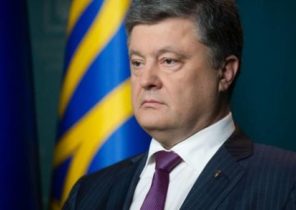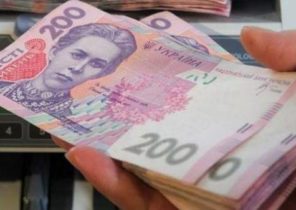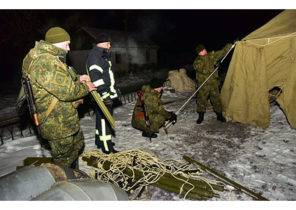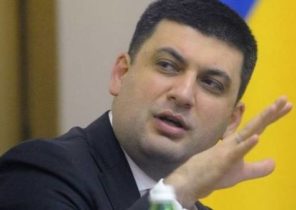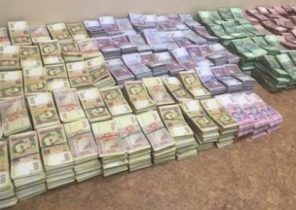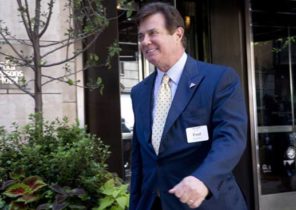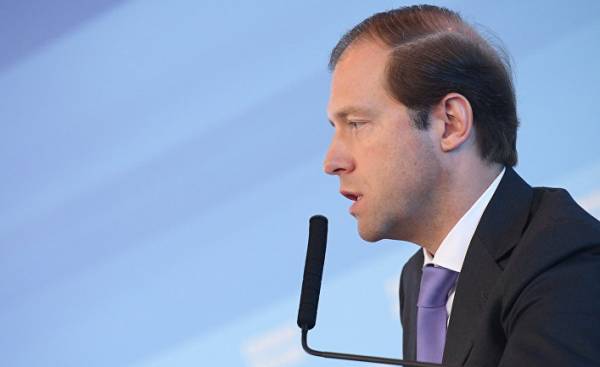
Les Echos: Europe and Russia extended the mutual sanctions. This is good news for the Russian industry?
Denis Manturov: of Course, sanctions had a negative impact on the Russian economy, limiting access to foreign financing. We are used to it. But at the same time, sanctions have contributed to the development of domestic production. Frankly, we are fully interested in their continuation! Due to an embargo on the import of products of Russian agricultural sector is growing at 4-5% per year.
Production of agricultural machinery increased by 20% compared to 2014. Western sanctions have spurred the growth of other industries: mechanical engineering, chemical industry, pharmacy, aerospace industry. The winner turned out and production of oil and gas equipment: in the early 70% of purchases were made abroad; now the figure is below 50%. Oil companies have forged alliances with Russian and foreign suppliers operating in Russia.
— Russian industrial production grew for the year by 5.6%. It is a sign of the recession?
— This breakthrough is partly due to climatic features: spring this year was colder than usual [so the production of gas and coal increased approx. the author]. But this increase fits in with a trend of increase in the purchasing managers ‘ index (PMI) marked three consecutive quarters in respect of the procurement of new equipment. This fully confirms the overall rise of emerging after the recession. By year-end we expect total growth of industrial production by 2-3%.
— Despite promises to diversify and modernize, the Russian economy still depends on oil and is constrained by low productivity…
Between two crises of 2008 and 2015 we have done a lot to diversify our economy. Oil and other natural resources previously consisted of more than half of our export earnings. Now their value was below 50%.
Productivity remains a serious problem. When we upgrade our industrial sectors, productivity increases, but it reduces employment. A real dilemma. As we face the challenge of creating new jobs in new sectors to make up for these losses. The problem is in the low labour mobility. In Vladivostok, after the boom of the far Eastern economy, we’ve got a shortage of staff, which is 7 thousand and we cannot replenish these losses with the help of labour from the West of Russia.
— Lack of trust in the legal and tax policy still prevents the development of small and medium-sized businesses, is still very underdeveloped in Russia?
— We do everything to create favorable conditions for small and medium businesses, a key sector for any developed country. In the regions we have created an economic zone. For example, we export aluminium, but we import finished products from aluminum. Absurd! Through a network of small and medium enterprises, we need to promote recycling of these products. Of course, this is possible through changes in the legal and tax base in order to increase the confidence of the entrepreneurs. Today none of those fears as before. But there still exists the question of change in mentality. In France it took time, and Russia withdrew from the Communist state system only 27 years ago.
Over the last three years has not been run, no Franco-Russian project. This is a problem of trust?
— In Russia it is registered more than 470 French companies! Come to those who believe in Russia and in our Eurasian Union. Sanofi recently started the export of the insulin produced at its plant in Russia (20% of production), and we are in talks about opening another line.
We welcomed the recent recapitalization and a new strategy for the Renault-Nissan AVTOVAZ. We welcome the participation of French aviation companies in tenders on our future long-haul aircraft. I have a lot of contact with our French partners in businesses and the Embassy. We have no trust issues.
